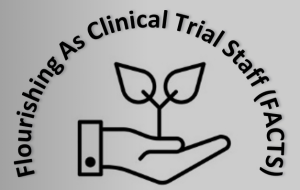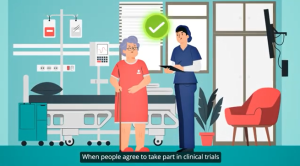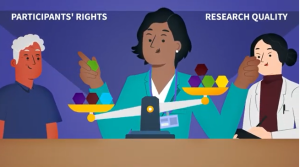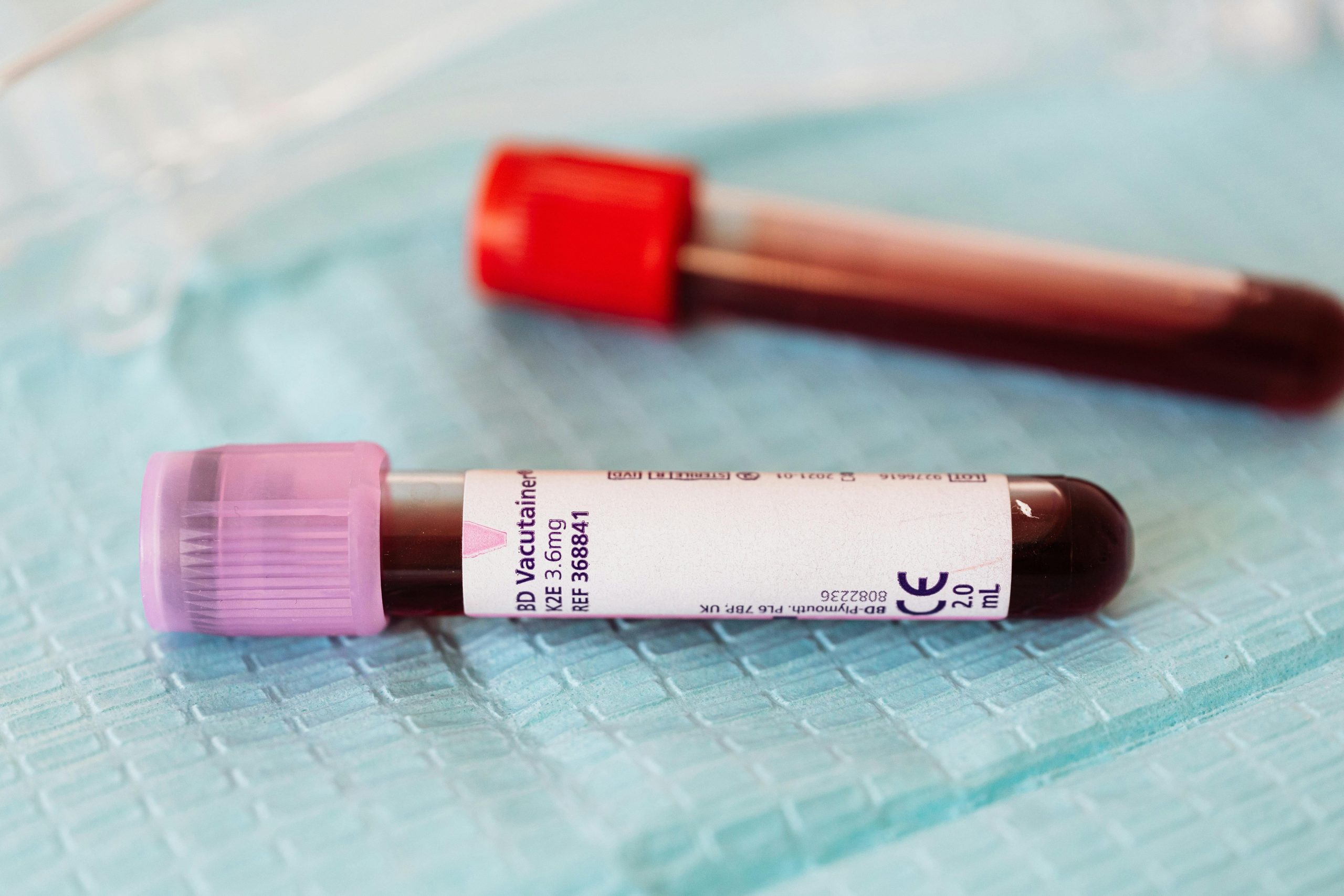We had a wonderful time at the International Clinical Trials Methodology Conference (ICTMC) in Edinburgh in October 2024. It could have lasted two weeks, and we still wouldn’t have had time to attend all the sessions we wanted to! It’s wonderful to see how much methodology work is going on in CTUs.
We were very pleased to see that there was an exceptionally strong Network presence, with member CTUs involved in 10 pre- or post-conference workshops, 70 presentations, 2 symposia, and 2 spotlight sessions – not to mention countless posters!
On the first day of the main conference, the Network held a showcase session introduced by Kerry Hood around ‘Putting innovative trial designs into practice’. Many thanks to Sharon Love (MRC CTU at UCL), Carrol Gamble (Liverpool Clinical Trials Centre), Faye Wolstenhulme (Newcastle CTU), Sarah Dunn (Newcastle CTU), and Andrew Farmer (HTA) for their contributions to such a fascinating and well attended session.
Later that day, we hosted an informal networking event for CTU Directors, Group Chairs, and other colleagues.
The Network had a dedicated stand in the exhibition hall which proved to be a popular meeting point for CTU delegates during the 4-day meeting – as well as a place to cast votes and contribute to the ongoing development of the Network’s strategy for 2025-2030. We also fielded a lot of questions from overseas delegates who were interested in the work of the Network and understanding how the model could be replicated in their own countries.
Once again, we asked Directors to identify the session that they felt was likely to have the biggest future impact. There was stiff competition, but ultimately the award was won by the FACTS (Flourishing As Clinical Trial Staff) study. The FACTS study team are working with clinical trial staff and other academics to develop guidance for CTUs in order to help them improve employee workplace wellbeing (flourishing). Congratulations to Sophie Hall & Evgenia Riga (Nottingham CTU). You can read more about this important study here.
Once again, we asked Directors to identify the session that they felt was likely to have the biggest future impact. There was stiff competition, but ultimately the award was won by the FACTS (Flourishing As Clinical Trial Staff) study. The FACTS study team are working with clinical trial staff and other academics to develop guidance for CTUs in order to help them improve employee workplace wellbeing (flourishing). Congratulations to Sophie Hall & Evgenia Riga (Nottingham CTU). You can read more about this important study here.

As part of our ongoing support for the conference, and in recognition of the critical role that public contributors play in delivering successful trials, we contributed to the Patient Research Partners Bursary Scheme. This provided the four successful applicants with funding of up to £1,000 to cover travel, accommodation, meals, and conference registration.
It’s great to see this conference going from strength to strength and we look forward to seeing you in Birmingham in September 2026!















 Clockwise from top left:
Clockwise from top left: 











